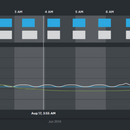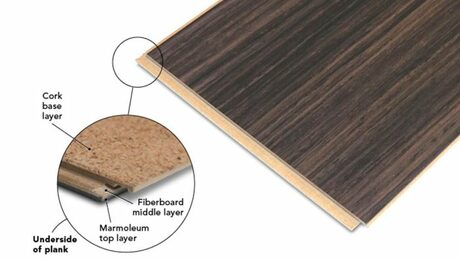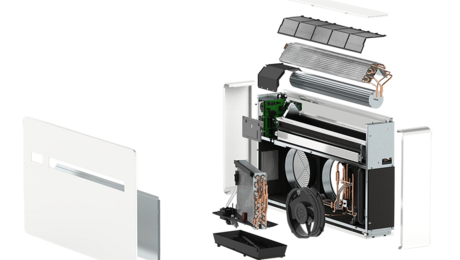Condo heats up quickly in mild weather
Tediore
| Posted in General Questions on
See attached for central AC runtime history. My condo seems to heat up more quickly than I’d think it should in mild weather (70 degrees overnight) and I can’t figure out why. I’m in a second floor condo in a building with three floors. Built in 1998, 1100 sq ft, concrete floor and ceiling, brick exterior, only two exterior walls (one side faces another unit, the other wall faces the building hallway which is also brick). AC setpoint overnight is 71 degrees. Walls have fiberglass insulation, not sure what R value. 2 ton AC unit from 1998.
This seems like a lot of runtime since the outside temp isn’t high. Does being on the second floor really make this much of a difference compared to the first floor? Not understanding where all this heat is coming from. Climate zone 5A (Chicago).
GBA Detail Library
A collection of one thousand construction details organized by climate and house part
Search and download construction details










Replies
Tediore,
We're not going to be able to diagnose this problem over the Internet. You're going to need a site visit from a qualified expert to figure out what's going on.
It's possible that your air conditioner isn't working properly, so that should be checked.
Q. "I am not understanding where all this heat is coming from."
A. Sources of heat include electrical appliances located inside the house, water heaters, human occupants, and pets. During the day, solar heat gain through windows is a major source of heat.
Once your house is cooled down with an air conditioner, you'd like that cool air to stay where it belongs. That means you need a relatively airtight envelope. If your home is leaky, that's part of the problem.
You also need thick insulation to separate the hot exterior from the cool interior.
For more information, see "My House is Too Hot."